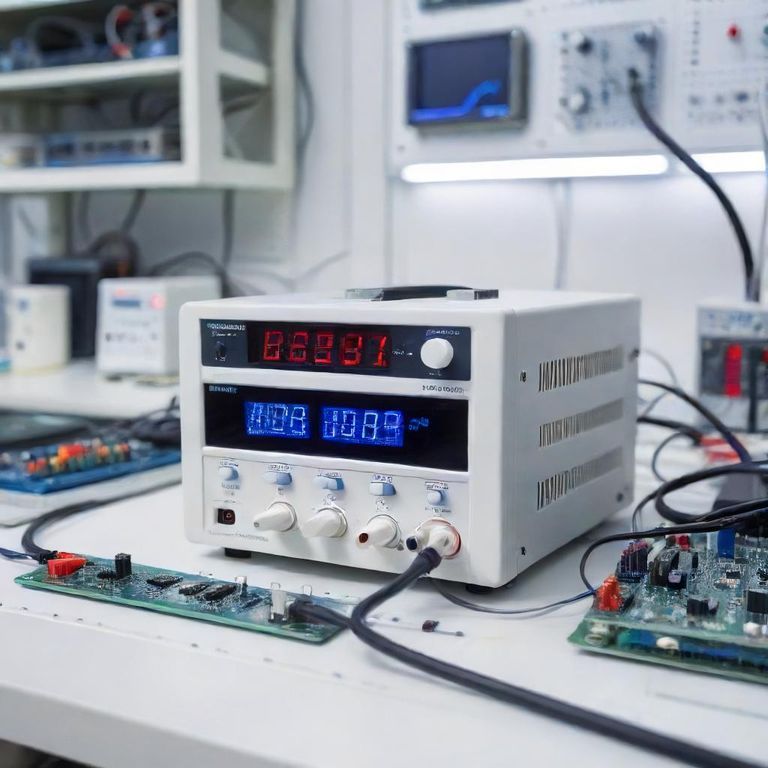Voltage Frequency Converter
Understanding the Voltage Frequency Converter
A voltage frequency converter is an essential device used to convert electrical frequency and voltage to meet specific needs. Primarily found in industrial applications, this technology enables equipment designed for different voltage and frequency standards to operate efficiently.
How Does It Work?
The operation of a voltage frequency converter typically involves two main processes:
- Voltage Conversion: Adjusting the voltage level to the required specification.
- Frequency Conversion: Changing the alternating current (AC) frequency to a desired rate suitable for the equipment.
These conversions allow machines designed for different regions or specifications to function without damage or inefficiency.
Benefits of Using a Voltage Frequency Converter
- Enhanced Equipment Life: Prevents damage caused by improper voltage or frequency, extending the lifespan of machinery.
- Improved Efficiency: Ensures that machines operate at optimal settings for better performance.
- Versatility: Compatible with a wide range of devices, making it suitable for various applications.
Common Mistakes When Using a Voltage Frequency Converter
When utilizing a voltage frequency converter, it’s easy to make a few missteps:
- Incorrect Settings: Always verify that the settings match the requirements of the equipment.
- Ignoring Specifications: Each device has voltage and frequency limits; failing to adhere to these can lead to malfunctions.
10 Key Facts About Voltage Frequency Converters
- How does voltage frequency converter work? It works by converting both the voltage level and the frequency of electrical current to match device requirements.
- Can you easily voltage frequency converter? Yes, especially if you follow the manufacturer’s guidance and operational specifications.
- What applications commonly use voltage frequency converters? They are often utilized in industries such as manufacturing, telecommunications, and transportation.
- Are there different types of voltage frequency converters? Yes, including static and rotary converters, each suited for specific applications.
- Is maintenance required for these converters? Regular checks are advisable to ensure optimal performance and longevity.
- Can you convert single-phase to three-phase? Yes, some converters can facilitate this conversion, allowing greater flexibility.
- What power ratings are available? Voltage frequency converters come in various power ratings, catering to small to large scale industrial needs.
- Do voltage frequency converters increase energy efficiency? Yes, they can significantly reduce energy waste when correctly configured.
- Is user training necessary? Although not mandatory, it is highly recommended for safe and effective usage.
- Can I customize my voltage frequency converter? Many manufacturers offer customization options to fit specific operational needs.
Voltage frequency converters are kinda mind-blowing. 😅 I mean, how do they even work? I’ve used one for my old equipment, and it made a big difference! But, any tips for maintenance would be great!
Voltage frequency converter? Interesting tech! I’ve seen them used in some machinery but always felt a bit lost about how they actually work🤔. Anyone got a simple breakdown of their benefits? Would love to learn more!